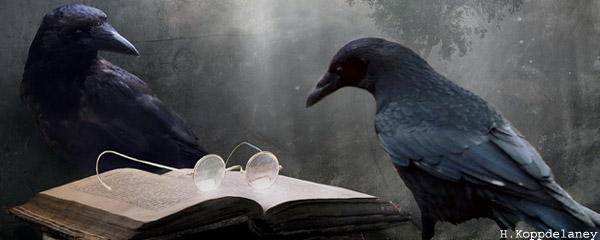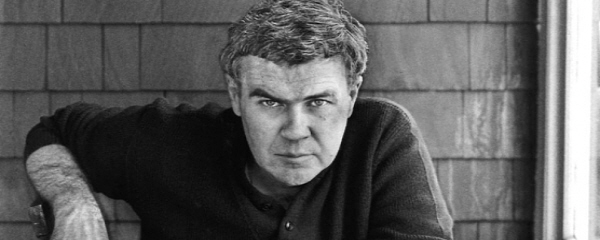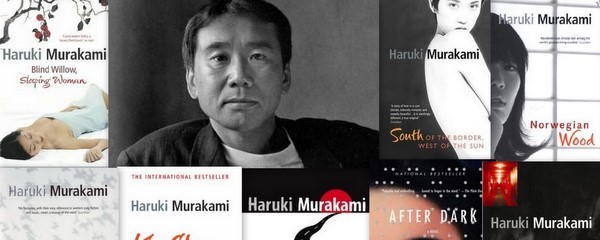Chekhov’s Principles
PETER JORDAN profiles the life and writing of Anton Chekhov: ‘…no writer gets closer to articulating the human condition. It took me a long time to understand what he was doing, I still don’t fully understand, I simply know that when reading his work I feel some emotional shift…’





